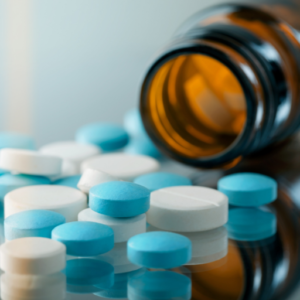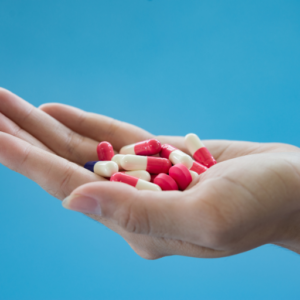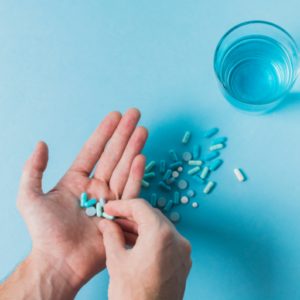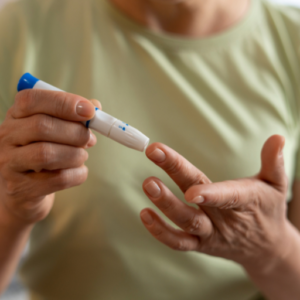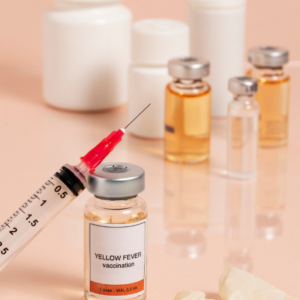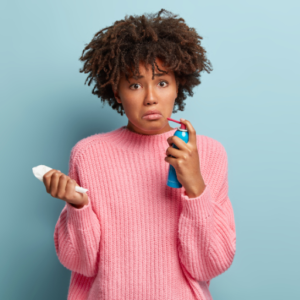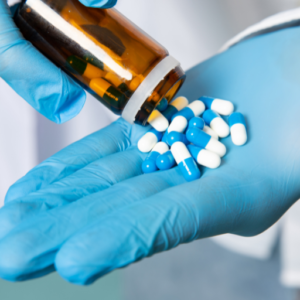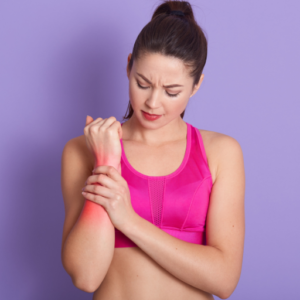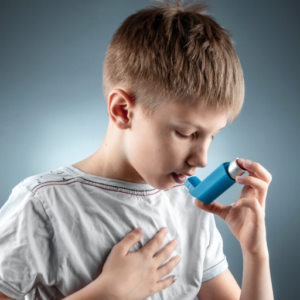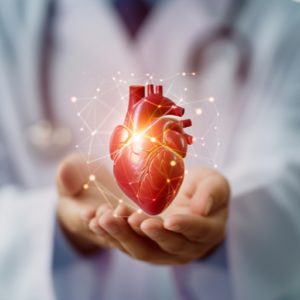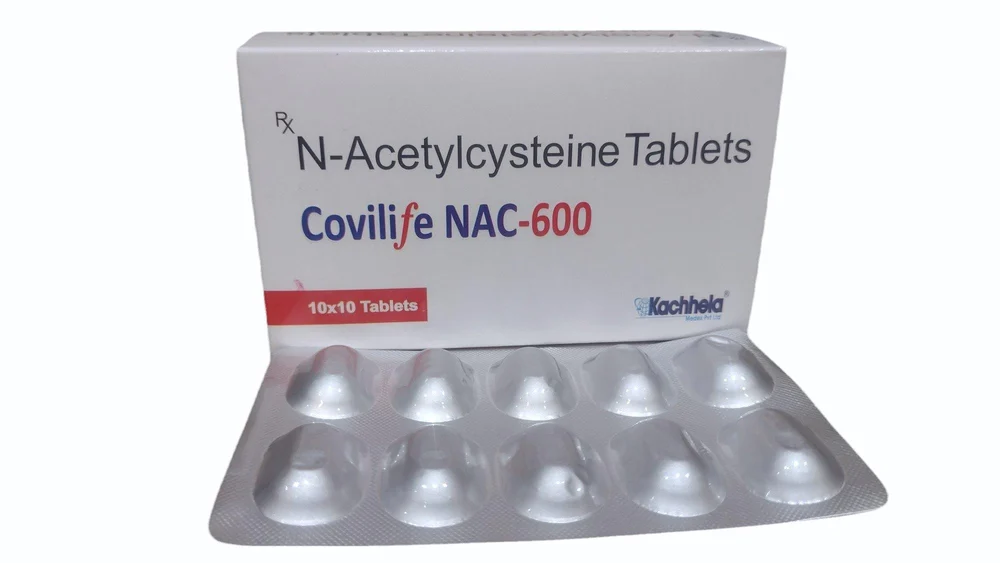Covilife NAC 600mg
| Package | Per tablet | Savings | Price |
|---|---|---|---|
| 180 tablets | $0.48 | $27.4 | $113.4 $86 |
| 150 tablets | $0.49 | $20.5 | $94.5 $74 |
| 120 tablets | $0.5 | $15.6 | $75.6 $60 |
| 90 tablets | $0.53 | $8.7 | $56.7 $48 |
| 60 tablets | $0.57 | $3.8 | $37.8 $34 |
| 30 tablets | $0.6 | – | $18.9 |
What is this medicine?
COVILIFE NAC 600 mg contains N-acetylcysteine (NAC). It is a mucolytic agent used to thin and loosen mucus in the airways due to conditions like chronic bronchitis, cystic fibrosis, COPD, or other respiratory tract diseases. NAC is also used as an antioxidant and may support liver health. In medical settings, it is used as an antidote for paracetamol (acetaminophen) overdose.
What should I tell my health care provider before I take this medicine?
They need to know if you have any of these conditions:
-
Asthma
-
Stomach ulcers or a history of gastrointestinal bleeding
-
Liver disease
-
Kidney disease
-
Cystinuria (a rare genetic disorder)
-
An unusual or allergic reaction to N-acetylcysteine or any other medicines, foods, dyes, or preservatives
-
If you are pregnant or trying to get pregnant
-
Breast-feeding
How should I use this medicine?
Take this medicine by mouth with a full glass of water. Dissolve the tablet in water if it’s effervescent, and drink immediately after dissolution. Take your doses at regular intervals. Do not take more than the prescribed dose. Do not stop taking this medicine unless advised by your doctor.
Overdosage: If you think you have taken too much of this medicine, contact a poison control center or emergency room right away.
What if I miss a dose?
If you miss a dose, take it as soon as you can. If it is almost time for your next dose, take only that dose. Do not take double or extra doses.
What may interact with this medicine?
-
Activated charcoal (may reduce effectiveness if used for poisoning)
-
Nitroglycerin or other nitrates (may increase risk of low blood pressure or headache)
-
Carbamazepine (may reduce its levels)
-
Medicines that irritate the stomach lining (e.g., NSAIDs)
This list may not describe all possible interactions. Give your health care provider a list of all the medicines, herbs, non-prescription drugs, or dietary supplements you use. Also tell them if you smoke, drink alcohol, or use illegal drugs. Some items may interact with your medicine.
What should I watch for while using this medicine?
-
Inform your doctor if your symptoms (such as cough, mucus production, or breathing difficulty) do not improve.
-
NAC may have a strong sulfur (rotten egg) smell—this is normal and does not mean the medicine is spoiled.
-
If you experience any breathing difficulties, skin rash, or swelling, stop the medicine and contact your doctor.
-
Avoid alcohol or irritants like smoke or dust, which may worsen respiratory symptoms.
-
Drink plenty of fluids to help loosen mucus unless advised otherwise by your healthcare provider.
What side effects may I notice from this medicine?
Side effects that you should report to your doctor or health care professional as soon as possible:
-
Allergic reactions (rash, itching, swelling of the face/lips/tongue, difficulty breathing)
-
Chest tightness or shortness of breath
-
Nausea or vomiting (especially if severe)
-
Stomach pain
-
Low blood pressure symptoms (dizziness, lightheadedness)
Side effects that usually do not require medical attention (report if persistent or bothersome):
-
Mild nausea
-
Diarrhea
-
Headache
-
Runny nose or sneezing
-
Unpleasant taste or smell
This list may not describe all possible side effects.
Where should I keep my medicine?
-
Keep out of the reach of children.
-
Store at room temperature between 20 and 25 degrees C (68 and 77 degrees F).
-
Protect from moisture and heat.
-
Do not use after the expiration date. Dispose of unused medicine properly.




